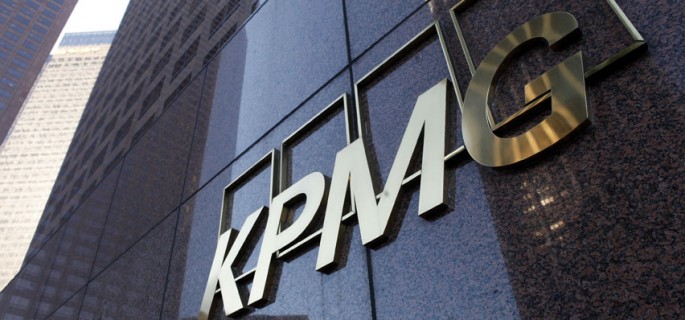European debt sales top €100 billion for the first time since 2008

Sales of loan portfolios by deleveraging banks in Europe reached a record €104 billion last year, with the UK accounting for more than one-third of the total, according to new research from KPMG.
- Britain accounted for 37 percent of completed loan portfolio transactions in 2015, says KPMG.
- Other ‘hot spots’ included Ireland, Spain and Italy.
- Pipeline remains strong, with €32 billion of ongoing transactions.
- Asset-backed security (ABS) issuance reaches a post-crisis high as purchasers seek to finance their acquisitions.
- Further evidence of “non-bank lenders” stepping in to replace traditional high street banks.
- Read the full report
In its new annual European Debt Sales Report, the professional services firm also found that investor interest in buying the continent’s loan portfolios remains strong with a pipeline of over €32 billion in ongoing transactions so far this year. The report notes that the pace of this activity is likely to persist into 2017 as so-called “bad banks” continue to wind down their loan portfolios, particularly in the UK and Ireland.
The largest single deal in 2015 was UK Asset Resolution’s €18 billion sale of the Project Granite loan portfolio to Cerberus Capital Management. These loans, acquired from the nationalised Northern Rock bank, accounted for almost half the UK’s €39 billion of completed transactions.
Ireland had another bumper year, with sales of €25 billion. Its “bad bank”, the National Asset Management Agency (NAMA), has been one of the most active vendors and is on track to complete its loan disposal programme before its 2020 mandate.
However, intense competition between buyers for loan portfolios in these two countries is turning investor interest to other markets, in particular the recovering economies of Spain (€15.8 billion in completed loan sales) and Italy (€13.3 billion in closed sales) as buyers and financiers are increasingly focussed in their real estate assets.
Progress has been less marked across central and eastern European countries, but they are continuing to mature as loan markets with 40 transactions across all asset classes in 2015.
The Greek government and Greek banks are actively working to revive their banking sector. KPMG expects these efforts to jump start the debt sales market in southern Europe where Greek banks are present. Due to Greek corporates’ need for additional financing, alongside recent legal amendments simplifying liquidation, the report predicts that Greek banks will seek to join forces with foreign servicers to stabilize corporate balance sheets. Subject to macro stabilization and continuing investor interest, Greek banks could bring selected corporate non-performing loan portfolios to market in H2 2016.
Meanwhile, Europe’s asset-backed security market (ABS) saw new issuance levels reach a post-crisis high, led in the UK by the re-gearing of mortgage portfolios sold by UKAR and GE Capital, alongside increasing activity by challenger banks.
While the ABS market lags behind pre-2008 levels, the report forecasts a further revival as a result of the relaxation of capital controls under Basel III, the standardisation of securitisations and an ultra-low interest rate environment.
The surge in ABS issuance corresponds with the greater role being played by “non-bank lenders” as banks withdraw from traditional markets, either in terms of geography or asset class. The clearest evidence of this development is in the UK residential mortgage market where TPG/Blackstone and Cerberus have sought to build out performing loan portfolios and platforms originating mortgages to traditional high street banking customers. This trend is not however, specific to the UK.
Andrew Jenke, EMA Lead Partner, KPMG’s Portfolio Solutions Group, commented: “This is an encouraging health check for Europe’s banks at a time when liquidity in the secondary market is crucial. We are even seeing signs that the tale of two halves between north and south is levelling out. The markets of Italy and Spain have bounced back in 2015, and there is also cause for optimism for the Greek, Central and Eastern European markets where foreign capital, notably from private equity, is increasingly helping banks to reduce their exposure in these markets.”
While the outlook for European bank deleveraging remaining positive, the volatility of the financial markets has the potential to concern investors. Jenke concluded: “Just as ‘bad banks’ are deleveraging non-performing loans left over from the last global financial crisis, we’re seeing City traders hit the panic button over the prospect of a new financial crash. While we expect the European debt market to have another great year, there are many risks that could still jeopardise the market’s resurgence.”
Source: KPMG





























